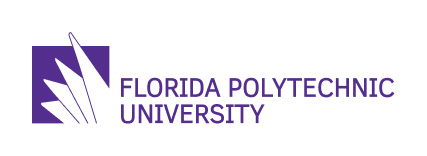Advising: Computer Science faculty mentor advising is scheduled for Saturday, Oct. 20, in the Aula Magna. Times to be determined. Come and speak with computer science faculty members about concentrations and career pathways in your field. Please contact the Academic Support Center for additional information at 863-874-8642.
Category: Dates and Deadlines
